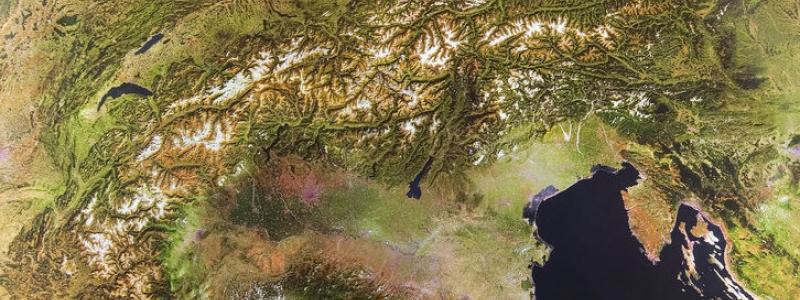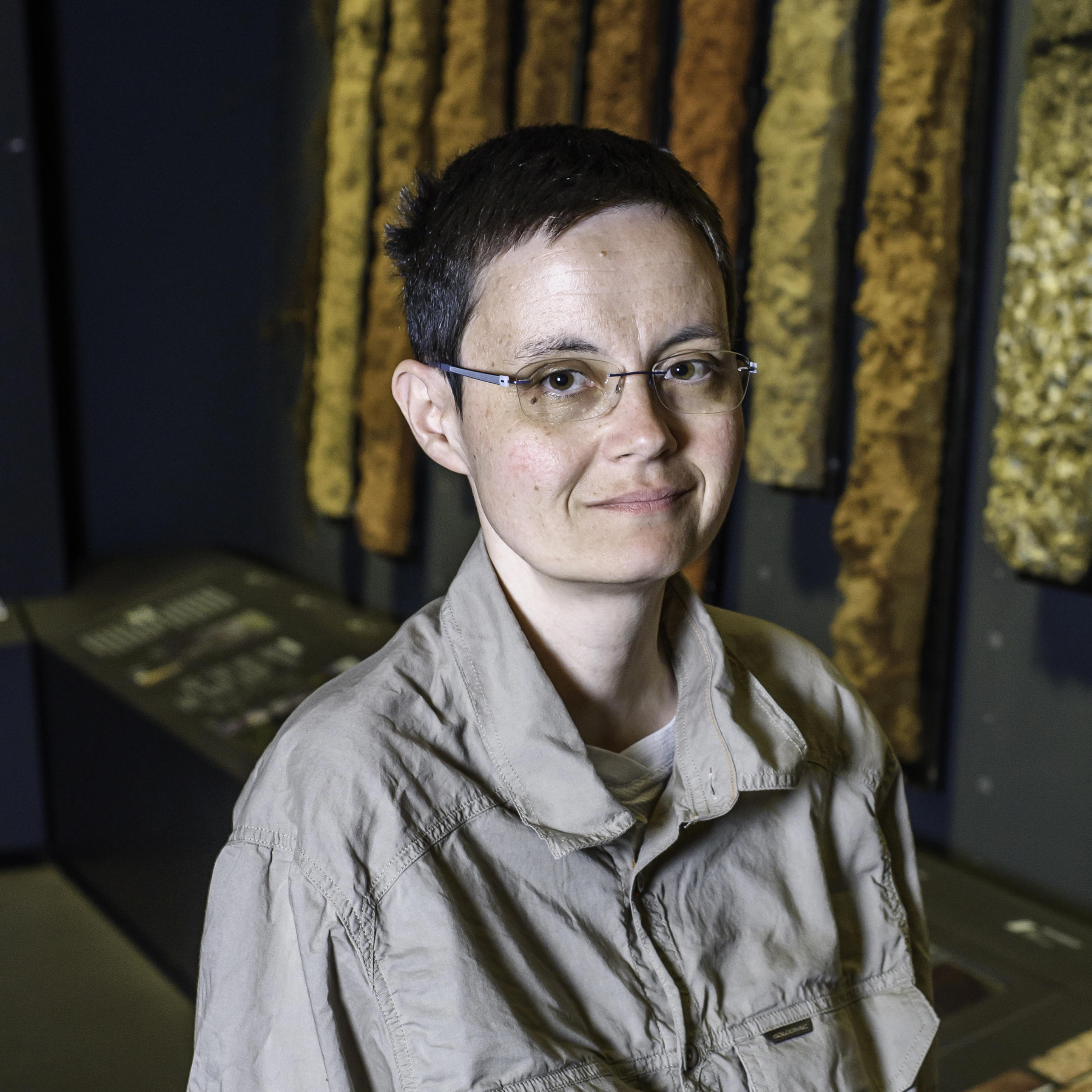WORLDSOILS is part of the European Space Agency's (ESA) Earth Observation Strategy 2040 and is ESA's Earth Observation Envelope Programme backbone. As part of the Earth Observation Strategy 2040, ESA includes a "science for society" element in each area of the strategy. This component of the strategy is achieved by work, like WORLDSOILS, which transfers scientifically proven earth observation research results into pre-operational products that meet the most important needs of user organisations and public authorities.


Objectives
The project’s methods are based in Earth Observation (EO) technology with the main objectives of:
1. Developing a pre-operational global Earth Observation-Soil Monitoring System based on monitoring top soil organic carbon (SOC).
Modular implementation to allow future extension to additional soil indices.
Spatial resolution (ambition) 100m x 100m globally and 50m x 50m over Europe.
Provide appropriate confidence metrics.
Large time series of a minimum of 3 years
Validation over three European regions (Belgium, Czech Republic and Greece) with different cases studies (in coordination with National Reference Centres of Soil).
2. Engaging and bringing together authoritative end users for developing soil indices relevant for monitoring the global top soils.
Activities
The main roles of ISRIC - World Soil Information will be:
Modelling soil organic carbon for permanently vegetated soil
Integrating models for bare and permanently vegetated soil
Prototyping up-scaled predictions in close collaboration with GMV
Developing the data dissemination platform
Consortium
The consortium is led by the GMV company (Madrid, Spain) and includes: ISRIC - World Soil Information, DLR (German Aerospace Center), GFZ (German Research Center for Geosciences), UCL (Catholic University of Louvain), CZU (Czech University of Life Sciences), AUTh (Aristotle University of Thessaloniki) as partners and Tel Aviv University (TAU) as external support contractor.
Funding
European Space Agency
